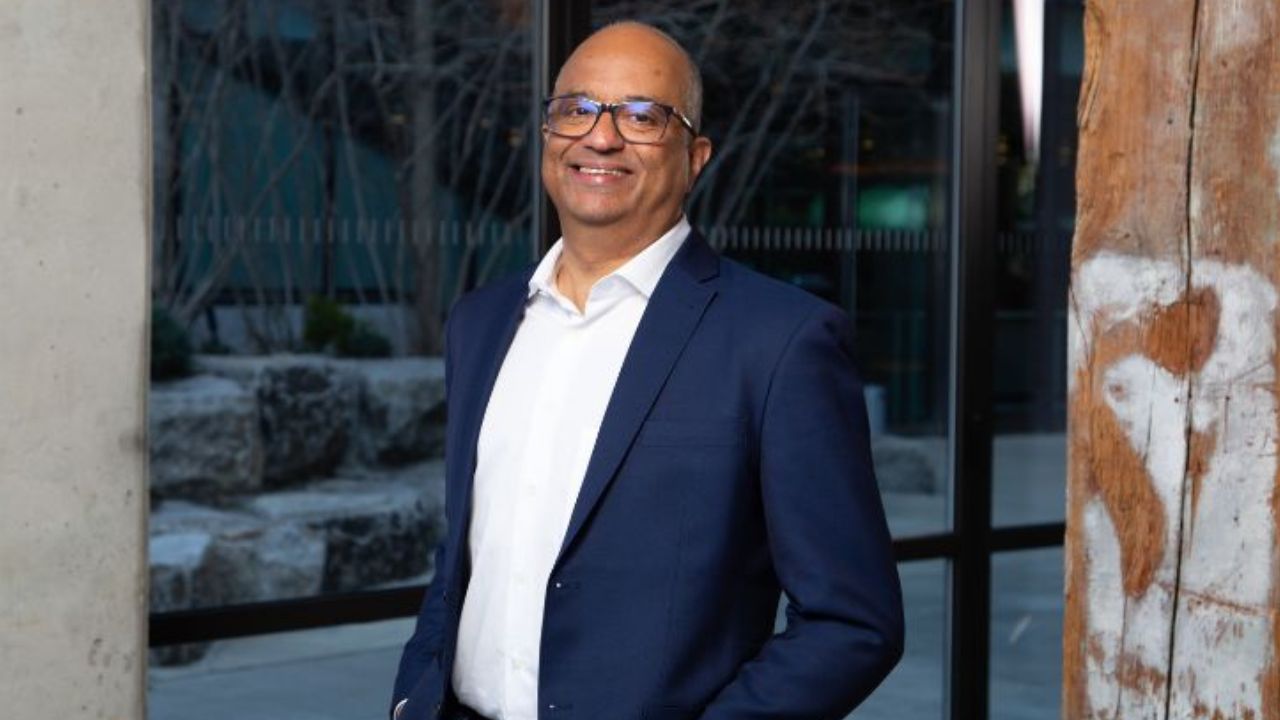In a historic move set to reshape the global media and advertising landscape, the Omnicom Group and the Interpublic Group (IPG) announced their merger this week, aimed at creating a global advertising and marketing powerhouse.
Optimism about the news drove IPG’s share price up 10 percent. The deal would reduce the Big Four of advertising (WPP, Publicis, Omnicom, and IPG) to just three. This is not the first time Omnicom has pursued consolidation on such a scale. In 2013, Omnicom and Publicis Groupe made headlines with a proposed merger valued at $35 billion, which would have created the world’s largest advertising company. However, the deal fell apart within months due to regulatory challenges.
The implications of the current merger extend far and wide signalling the start of a new era, with the combined entity poised to challenge the prevailing market structure and potentially reshape India’s media and advertising landscape.
According to reports, globally, the combined 2023 revenue of Omnicom and Interpublic stands at $25.6 billion, surpassing that of WPP, which reported revenues of $18.87 billion. But in India, with WPP reigning supreme for now, will this merger shift the market dynamics? CVL Srinivas, WPP’s Country Manager for India doesn’t think so. “In fact, it’s a good thing,” he said.
WPP has announced further investments in India as it scales up its Global Delivery Centre (GDC).
Edited excerpts from the interview with Srinivas.
How does WPP view the merger in terms of its impact on the competitive landscape?
There’s consolidation happening all over, both on the media owner’s side and on the agency side. But we don’t see that changing anything, in India at least. Having said that, of course, we respect all our competitors and wish them very well.
Read More: Blockbuster Ad Deal: Omnicom’s takeover of IPG to reset global order
Do you see the IPG-Omnicom merger impact WPP’s market share in India?
We don’t see any impact as far as market share is concerned. If you look at the client relationships we’ve built over the years, and given that we did well in 2024, I don’t see any impact.
For any business to stay relevant, it’s important to be on your toes. If anything, this merger has probably put the spotlight on us even more, as a leader in this market. We’ve seen some of the commentary about the fact that we’ve been able to continue to grow our business and that despite running a really large group we work pretty seamlessly across our agencies.
Read More: Omnicom-IPG Deal: Will it reshape the ad order in India?
In your view, is the current regulatory framework enough to manage the complexities that come with such large mergers, given competing clients and more? About 10 years back we saw the proposed merger between Publicis and Omnicom fall apart.
I would not want to comment on that because there are probably a host of reasons why that may not have worked out.
Obviously, the regulatory authorities will do their job and look at this (merger). But what is the point about client conflict? I think client conflict was probably a challenge some years ago. Today there are enough ways of ensuring that that doesn’t happen. It’s more about how you stay relevant and give the best talent to different clients.
Read More: The unexpected gainer of the bombshell Omnicom-IPG deal
With the IPG-Omnicom deal, there could be fewer, larger players dominating the space. What will be the future role of smaller, independent agencies and specialised firms?
Every agency has a role to play. We partner with a lot of startup agencies and do very creative work with them. Of course, some of them, sooner or later, find it difficult to survive independently because they need to scale, etc. But having said that, what has really helped us thrive over the last many years is the fact that we have a portfolio of agencies.
It’s like a T20 team. You need all kinds of hitters to grow in the market. The industry itself is getting redefined with the kind of players that are coming in. Earlier, it was easier to define marketing as a discipline in itself. Today it has changed so much. You have consulting firms, tech companies, etc., involved because of how the industry’s evolved.
It’s exciting. It just keeps us charged up to come back every day and do something.
